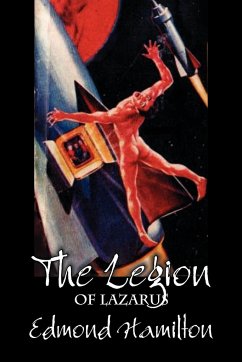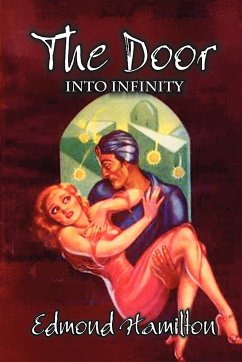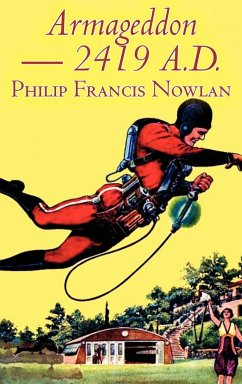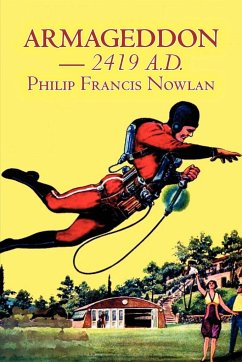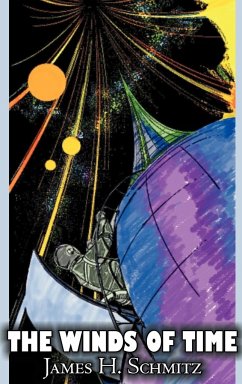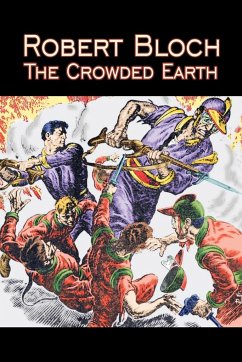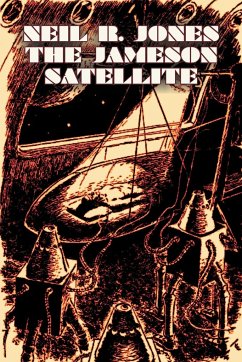
The Man Who Saw the Future by Edmond Hamilton, Science Fiction, Adventure
Versandkostenfrei!
Versandfertig in 1-2 Wochen
11,99 €
inkl. MwSt.

PAYBACK Punkte
6 °P sammeln!
"Henri Lothiere, apothecary's assistant of Paris," he read, "is charged in this year of our lord one thousand four hundred and forty-four with offending against God and the king by committing the crime of sorcery." The prisoner spoke for the first time, his voice low but steady. "I am no sorcerer, sire." Edmond Hamilton is credited with writing the first hardcover compilation of what would eventually come to be known as the science fiction genre. The Man Who Saw the Future is the tale of a man who traveled from the medieval past into the here and now. He did it back when here and now was 1930!...
"Henri Lothiere, apothecary's assistant of Paris," he read, "is charged in this year of our lord one thousand four hundred and forty-four with offending against God and the king by committing the crime of sorcery." The prisoner spoke for the first time, his voice low but steady. "I am no sorcerer, sire." Edmond Hamilton is credited with writing the first hardcover compilation of what would eventually come to be known as the science fiction genre. The Man Who Saw the Future is the tale of a man who traveled from the medieval past into the here and now. He did it back when here and now was 1930! Amazing, the scientific breakthroughs that used to happen in those isolated laboratories. . . .



